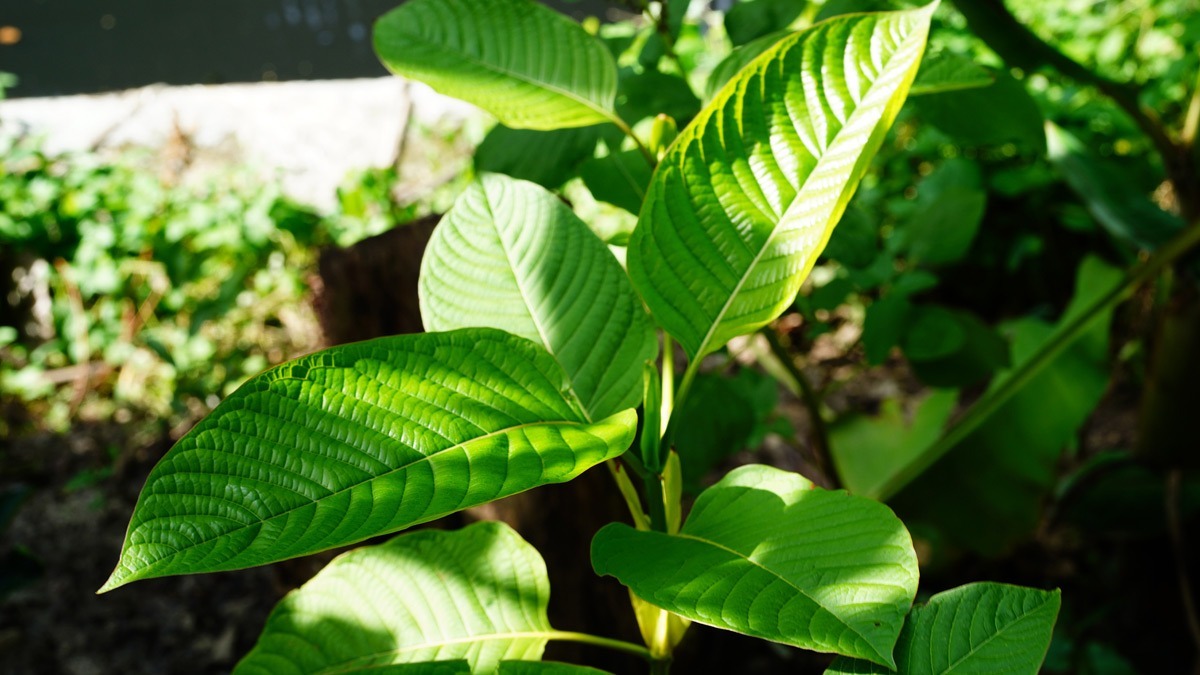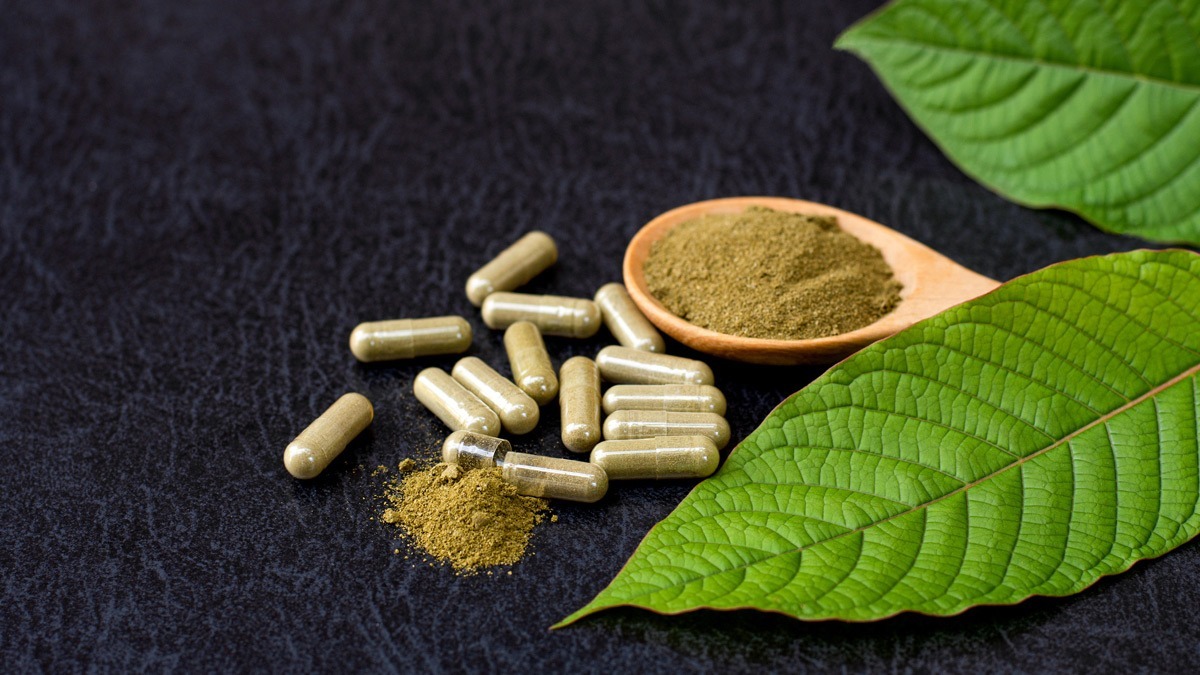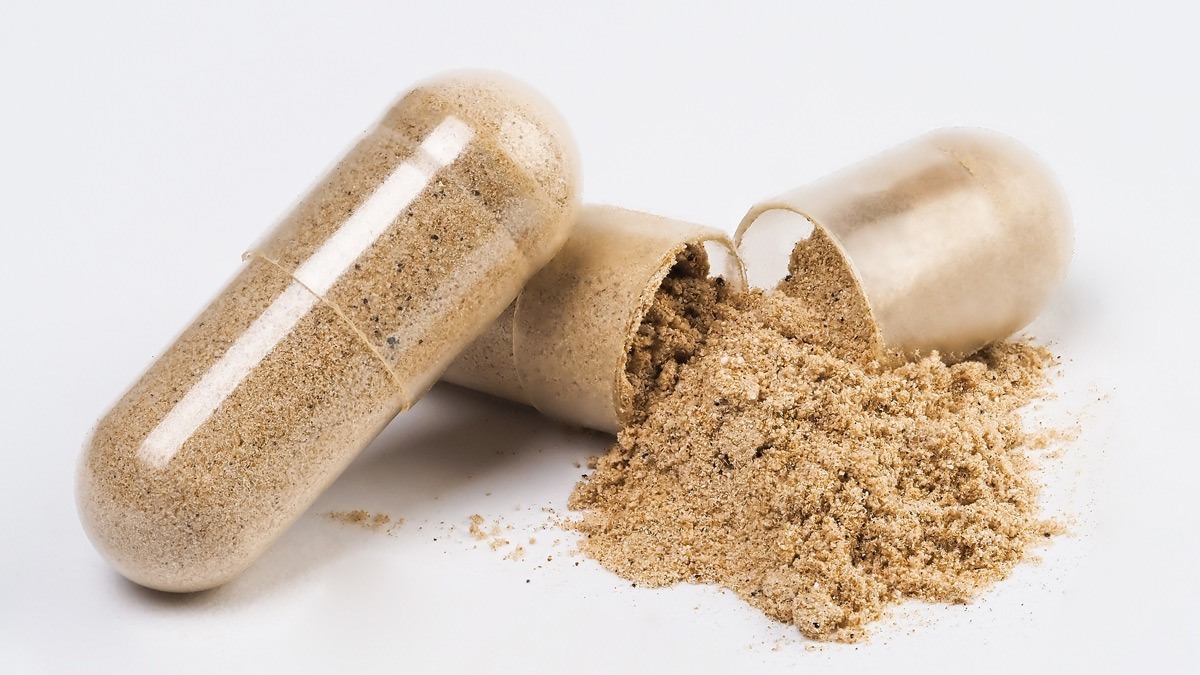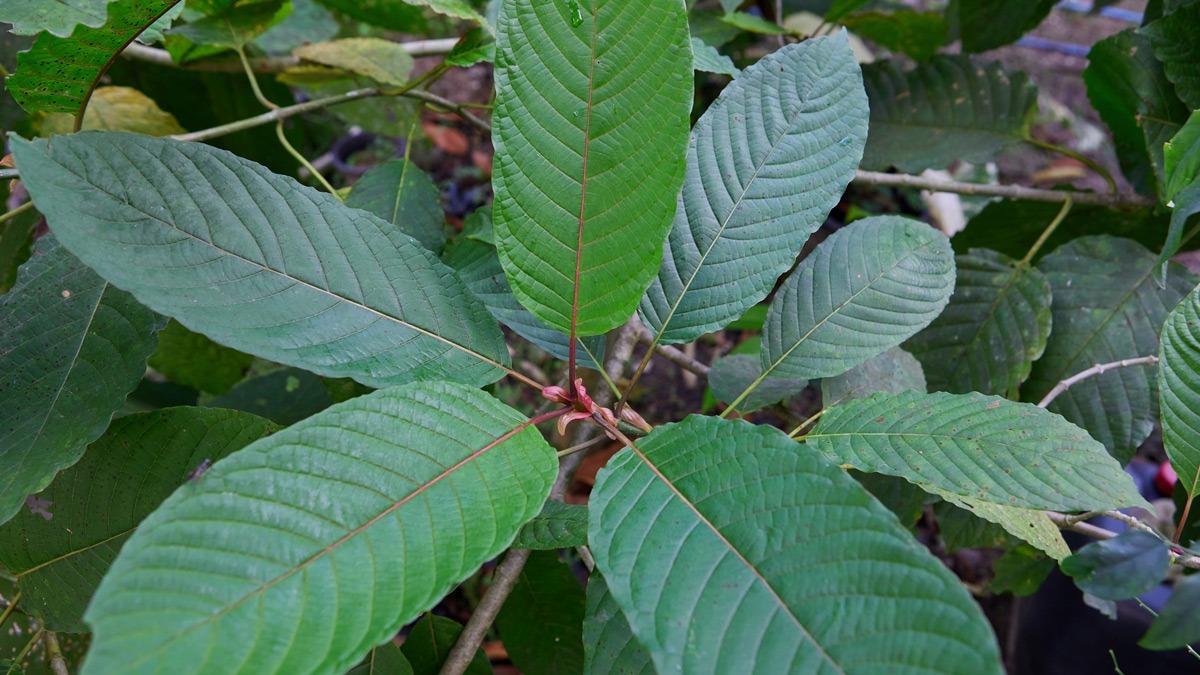FDA Cracks Down on Potent Kratom-Derived Products

If you or a loved one has suffered serious side effects after using concentrated or synthetic kratom products, there may be some reprieve on the horizon.
The FDA has officially begun cracking down on synthetic 7‑hydroxymitragynine, commonly known as 7‑OH. 7‑OH is a lab-extracted kratom alkaloid that acts like a powerful opioid but has been widely sold without FDA oversight.
That’s because most of these products have been marketed as dietary supplements, food additives, and sometimes as unapproved drugs. This has allowed some manufacturers to sidestep FDA regulations by labeling their products as “natural” kratom, while spiking them with synthetic 7‑OH at concentrations far beyond what occurs in nature.
This creates a dangerous illusion of safety for consumers, especially when sold in the form of gummies, capsules, or “wellness” shots. The FDA’s warning letters mark a turning point for consumers harmed by products marketed as “natural” but containing potent, unapproved drug analogues.
This regulatory shift is also fueling new legal action. As one of the firms leading the charge in kratom litigation, Van Law Firm has been actively investigating claims from individuals across the country who experienced addiction, withdrawal, seizures, or even death after using kratom products.
Inside the FDA’s July 2025 Enforcement Against 7‑Hydroxymitragynine
On July 15, 2025, the U.S. Food and Drug Administration issued seven warning letters to companies linked to the marketing of concentrated 7-hydroxymitragynine (7‑OH) products, including tablets, gummies, drink mixes, and “shots” sold in smoke shops, gas stations, and online platforms.

The companies targeted in this round of letters are:
- Shaman Botanicals, LLC
- My Smoke Wholesale
- Relax Relief Rejuvenate Trading (EDP Kratom)
- Thang Botanicals (7ΩHMZ / 7‑OHMZ)
- Royal Diamond Imports (Roxytabs.com)
- Hydroxie, LLC
- 7Tabz Retail, LLC
You can find a photo gallery of some of the targeted products here. The FDA emphasized that, while 7‑OH occurs naturally in kratom in trace amounts, these concentrated forms do not legally qualify as dietary supplements, food additives, or approved drugs.
As per the letter, each company was instructed to respond within 15 business days, or potentially face actions like seizures, injunctions, or regulatory enforcement.
For a free legal consultation, call (725) 900-9000
Why Is 7‑OH Triggering Alarm Bells?
This crackdown stems from more than regulatory concern. There’s increasing evidence of serious health risks tied to these enhanced or synthetic kratom products.
For starters, the CDC listed kratom as a cause of death in approximately 2,343 overdose cases between 2020 and 2022.
Most kratom‑related deaths involve multiple substances. However, some isolated cases have kratom listed as the only compound detected, which underscores its potential lethality.
In one 2021 Georgia case, a young man named Ethan Pope was ruled to have died from mitragynine intoxication after consuming OPMS Black Liquid Kratom. Toxicologists noted elevated metabolite levels consistent with 7‑OH exposure.
Cases like these are raising public health concerns over kratom products. In June 2024, researchers from the University of Florida and Johns Hopkins cautioned that 7‑OH and related alkaloid isolates are not present in native kratom leaf material and may cause emergency reactions.
One anecdote cited involved a consumer at a trade show who experienced respiratory distress and near-loss of consciousness after using a 7‑OH product.

In fact, in a June 2025 warning letter to Hydroxie, LLC, the FDA flagged adverse event reports linking 7‑OH to liver toxicity, seizures, respiratory depression, and fatalities. These reports came from products sold as beverages, tablets, and drink mixes containing elevated levels of 7‑OH.
Legal Concerns Related to 7-OH Kratom Products
Under the Federal Food, Drug, and Cosmetic Act, any additive used in food must be generally recognized as safe (GRAS), based on adequate scientific evidence. 7‑OH fails this test regardless of its method of extraction, which is why products containing elevated 7‑OH are considered adulterated.
That’s why some manufacturers have labeled their 7‑OH offerings as supplements or conventional food to avoid regulatory oversight. Others marketed them as pain relievers or anxiety therapies without FDA approval because it classifies them as unapproved new drugs.
Opioid Potency Public Health Risk
Research shows that 7‑OH binds opioid receptors with strength rivaling morphine and may be as much as 30 times more potent than mitragynine. As such, it’s capable of causing respiratory depression and addiction.
Experts warn that 7-OH is a full opioid agonist, which is substantially riskier than traditional kratom. In rodent trials, its effects have to be reversed by naloxone to manage withdrawal, same as opioids like heroin.
A prominent authority on kratom cautions that:
Together, these case reports, toxicology findings, and regulatory statements help explain why the FDA and public health experts view synthetic or concentrated 7‑OH products as an immediate, pressing health threat.
You May Have a Case for Product Liability
The FDA’s recent warning letters validate growing safety concerns and may also strengthen potential claims in court.
Many of these products were marketed as natural supplements or wellness aids, when in fact they contained concentrated, lab-altered kratom extracts with opioid-like potency. In legal terms, this may constitute:
- Failure to warn – Manufacturers often failed to disclose the true strength and health risks of 7‑OH.
- False advertising – Products were labeled as “natural” or “herbal,” misleading consumers about their safety.
- Defective design – The way 7‑OH was extracted and dosed in these products may have made them inherently dangerous.
- Negligence – Retailers and distributors may have sold these products without proper testing, safety documentation, or disclosure.
If you experienced adverse health effects after using 7‑OH-infused gummies, shots, capsules, or powders, you’re not alone. The courts may soon see a wave of litigation aimed at holding manufacturers accountable, and we’re here to help you pursue justice.

The FDA warnings could help your claim because it means the product was unlawfully marketed, with no FDA review of safety or efficacy.
At Van Law Firm, we’re already dealing with kratom lawsuits and expect this to achieve mass-tort status. This can happen if many consumers report similar harms from the same product or brand.
You May Be Able to Join a 7-OH Mass Tort Case
In a mass tort case, you remain an individual plaintiff while your case benefits from shared evidence and legal strategy. As in any personal injury case, you can claim compensation for:
- Medical costs (hospitalization, treatment, rehab)
- Lost income or earning ability
- Pain and suffering
- Wrongful death, in fatal cases involving loved ones
If you believe a 7‑OH product harmed your health, consider taking these steps:
- Preserve the product if you still have it (including packaging and receipts).
- Seek medical records that document your symptoms or diagnosis.
- Contact a product liability attorney familiar with kratom-related claims.
- File a report with the FDA’s MedWatch system to support public tracking of adverse events.
The window for legal action may be limited, especially if your state has strict statutes of limitation. But the FDA’s latest crackdown could open the door to stronger, more successful claims in the months ahead.
Click to contact our personal injury lawyers today
What’s Next?
Companies like Shaman Botanicals are already pushing back, citing internal animal studies and advocating for harm-reduction applications. Still, the FDA’s stance is clear: no approval, no legal marketing.
Advocacy groups such as the American Kratom Association have issued alerts urging consumers and vendors to check for high-dose 7‑OH and verify certificates of analysis (COAs). They support state “Kratom Consumer Protection Acts” (KCPAs) that limit 7‑OH content to 2%.
Regardless, the train is already moving and you may expect state-level bans or regulations targeting 7‑OH specifically. Federal oversight may also be extended to reclassification efforts (e.g., schedule listing).
This may seem far-fetched, but by classifying concentrated 7‑OH as an adulterated food, unapproved drug, and opioid-equivalent, the FDA has ignited a regulatory firestorm. Manufacturers now face a gauntlet of enforcement actions, civil suits, consumer backlash, and potential criminal exposure.
The message is clear: 7‑OH must be treated with at least the same scrutiny and regulatory control as prescription opioids.
No obligation consultations are always free.
Let Us Help You! Call Now: (725) 900-9000


